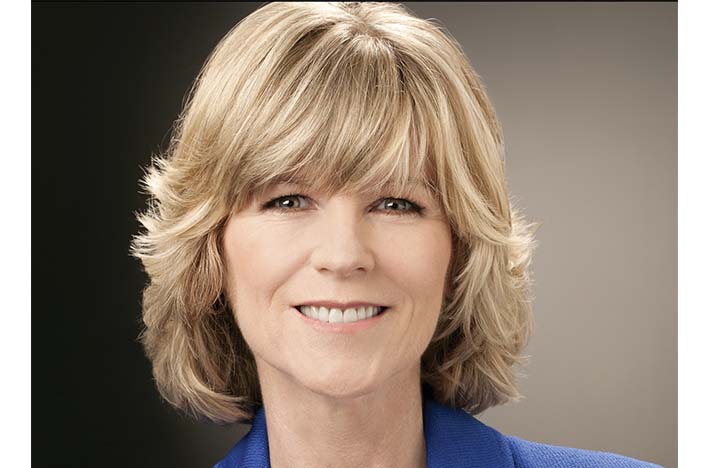During the last 35 years, May McCarthy has co-founded and grown seven companies as large as $100 million in annual revenues. As an adviser, she serves graduate students through the Innovation and Entrepreneur Center at the Albers MBA program at Seattle University as well as entrepreneurs through the Washington Innovation Network Entrepreneur Mentoring Program. May is the author of the best-selling book “The Path to Wealth: Seven Spiritual Steps for Financial Abundance,” released in 2015. www.MayMcCarthy.com
Kelly » How do you define “purpose”?
May » Purpose is the “why” your company exists. Or the “why” that you do what you do. So, there’s a personal purpose and a business purpose. My last two companies, for instance, developed software and equipment for large hospital systems to automate their drug distribution process. That’s what we did. But why did we do it? To save lives.
Kelly » Why is it important to find your purpose?
May » Your “why” is what motivates employees to work and to be creative. When you can communicate your company’s higher purpose, you unleash creativity and passion and motivation—not only to create new products but also to do things smarter and more affordably. It’s amazing the innovations that come out of companies when you’re living your purpose in your company. In 2015, EY sponsored a study published in Harvard Business Review called “The Business Case for Purpose.” It interviewed hundreds of CEOs about purpose statements they shared with their stakeholders. The companies with the clearly defined purpose statements were more profitable.
Kelly » How do you turn a purpose statement into action?
May » You want to be able to convey your purpose statement clearly, to all your stakeholders, and remind them of it constantly. You want to congratulate them for coming from a place of purpose; you want to acknowledge that repeatedly, so it really gets ingrained in their sense of meaning and becomes part of their job description almost. So, you’re creating a purpose-driven culture within your company, and you as the leader of the company must demonstrate that you’re living from purpose as well.
Kelly » How can knowing your company’s purpose drive strategy within the organization?
May » It’s my opinion and observation that when I had employees that were fully engaged and working off a purpose statement, they become more innovative and creative. And that’s the name of the game when you’re starting and growing a business—to innovate. That’s why larger companies end up buying smaller innovative companies because once you get to a large size, it’s hard to turn the ship.
If your purpose statement is one that all your stakeholders can get passionate around, you’ll find that your engagement increases. If you’ve created an environment where employees feel comfortable coming forward with their innovative ideas and their process improvements, that will help you form a strategy of being nimble and fast and getting to market quicker. That, to me, is the name of the game in business.
Kelly » What are some questions you can ask yourself to find your personal purpose?
May » We’ve arrived at this point in our lives with a lot of beliefs and behaviors. If you want to change a belief to be on par with the kind of success you want to achieve—that you’ve never achieved before—there’s a method to doing that, for making it welcome in your life. If someone wants to discover their own personal purpose, there are three simple things they can do.
First, write down what you did as a little kid that you just spent hours and hours having fun doing. What is it you did that was so fun that time would just fly by?
Second, write down what other people have said you are good at doing.
Finally, what do you think you’re good at doing?
In the answers to those three questions, look for common phrases and sentences and words. You’ll get get a clue to what your purpose is.

